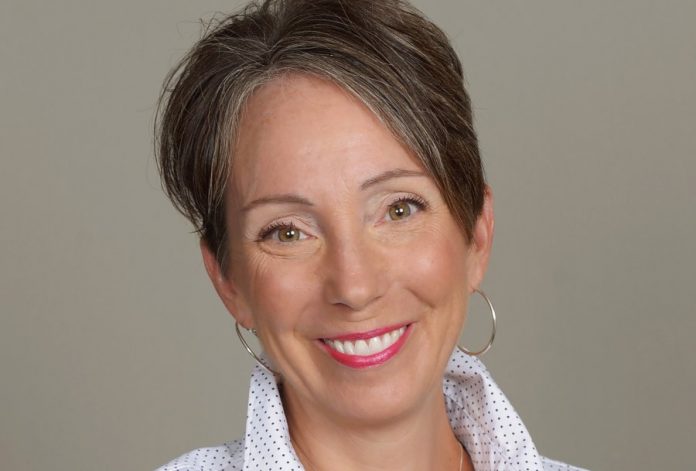
My middle-school-age daughter came into my office to share with me her school was going to have a lockdown drill the following day, but this wouldn’t be just a “regular” drill where they plan it out during a class period and let the kids know ahead of time, this time they were scheduling it during a passing period and they weren’t telling the kids exactly what time they’d be running it.
After asking her specifically what goes on during a drill, I asked her how she felt about having a drill during a passing period and what she thought she might do when it was announced. She kind of shrugged her shoulders and said, “I’ll probably just hurry as fast as I can to my next class.”
So I asked her, “What if it wasn’t a drill…what if you actually heard screams and popping sounds…would you run to the nearest classroom or would you continue to try and get to the classroom you are supposed to be in?”
All the while I am having this discussion with her I’m thinking, “It’s completely insane that I am discussing with my 12-year-old what she should do if there is an active shooter in her school!”
And yet I am. And I bet, if you have kids in school, you may have had some type of age-appropriate discussion recently in your home about the potential for school violence or where you stand on gun control or what mental health issues are contributing to this problem or why we have lockdown drills at school. Because this, unfortunately, is the world we live in right now.
But I don’t believe we have to stay in this place, or go further down this road. Though there are many aspects to the complex problem of mass shootings (in school or otherwise), we do have some control over one thing…how we parent. We have control over what is and is not communicated and discussed in our family. We are the stewards of defining and executing our family’s mission statement.
The challenge faced is a lack of open communication within families; many kids and their parents are disconnected. Families are suffering from lives too busy and driven by external rewards instead of intrinsic value and connection. Though the reason kids and parents are out of sync goes beyond surface issues like chaotic schedules, screen preoccupation, and materialistic priorities…its root cause, in many cases, is that parents have fear around talking with their kids about challenging topics that come up, especially during the teen years.
Dialogue around feelings, coping with stress, social beginnings such as dating, friendships, and the use of alcohol and drugs to name just a few. During adolescence parents tend to get focused on academic and extra-curricular performance in an effort to be sure they raise a child ready for the next step after high school, but if our kids aren’t on a solid emotional foundation what good will it do in life?
Our children need us to be emotionally available to them during their growing up years, which means we’ve got a responsibility to take good care of ourselves emotionally so we are present and aware of when they need extra connection.
Now, more than ever before, our kids need parents who will guide them in navigating the emotional landscape of our culture and the myriad changes that come along with growing up. What we can control today is taking charge of our emotional health so that, in turn, we can be the beacon our kids need as they proceed into adulthood.
Let’s not allow the tragedies that have happened recently to be for naught. Perpetuating anxiety in the community, focusing on adding guns to schools, and spouting off about a lack of mental health resources is less productive than the immediate changes that can be made in our homes.
What happens in the home and between our family members gets taken to school, into the community, and ultimately into the world at large.

















